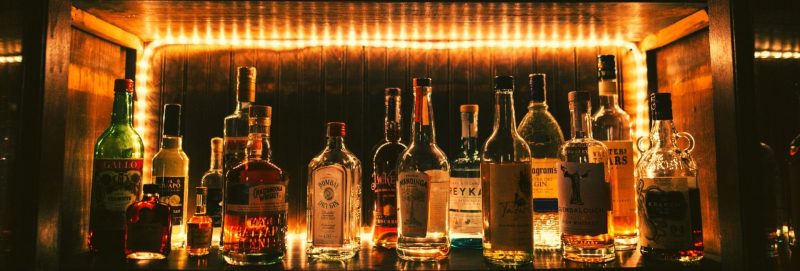Does Whiskey Go Bad?
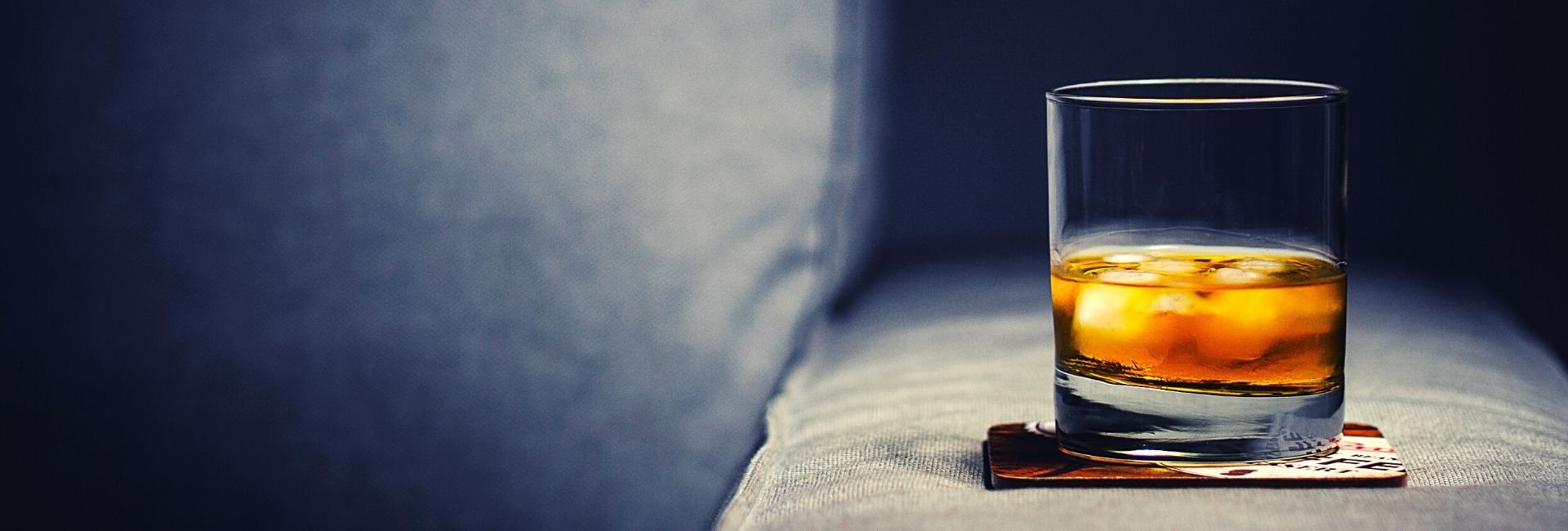
How many times have you looked to the back of the cupboard to discover a dust-ridden bottle of whiskey? More than likely, at least once. One question that comes to mind is ‘how long has this been here?!’, more importantly, followed by ‘can I still drink this?’.
In this article, we’ll dive into how long it takes for whiskey to go bad, how you can tell and how you can best store a whiskey to prolong its shelf life.
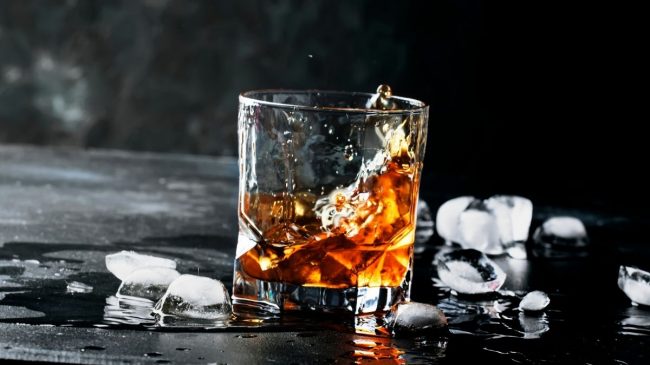
Jump to a section
How long does whiskey last?
The longevity of whiskey all depends on whether the bottle has been opened or not.
But fortunately, if it has been opened, it’s not quite the same as a wine, and you won’t need to make it your mission to finish the bottle within days. Or you could, but you’ll most likely wake up feeling worse for wear.
Let’s explore exactly how long both an opened and unopened bottle of whiskey lasts.
Unopened
If you’re struggling to think whether you’ve had that bottle of whiskey for several years, there’s no need to worry if it’s unopened.
As long as the lid has remained intact and there’s no chance of oxygen getting into the whiskey, you could technically drink that bottle sixty years after purchasing.
Opened
Some say that even if opened, spirits can last forever, while others say they’re past their shelf life after six months. That’s quite a difference, so which one is right?
If the bottle is half full, a whiskey can still be enjoyed one-two years after opening. If the bottle is a quarter full, it drops down to six months.
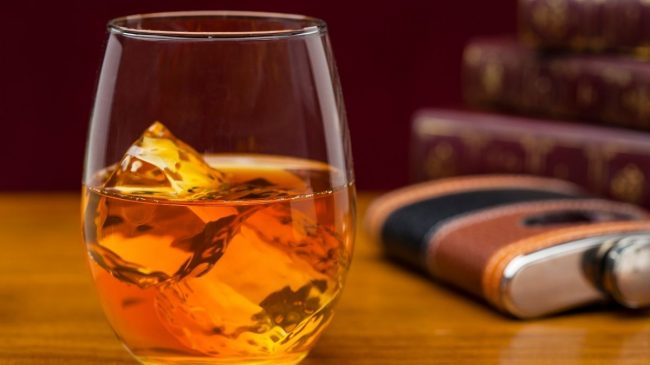
How does open whiskey change in taste?
As the bottle becomes exposed to air, light, and changing temperatures, the taste will begin to alter. The exposure to air causes the whiskey’s chemical compounds to break down; this process is known as oxidation.
a change in taste usually means the intensity of the flavor becomes lost. If you like your whiskey mixed with water or on the rocks, you might actually like this.
However, the higher the volume of alcohol, the longer it takes for the whiskey to change in taste.
How to tell if whiskey has gone bad?
As whiskey becomes exposed to air, it’s the oxidation process that changes a whiskey.
Rather than go ‘bad,’ an opened bottle of whiskey that’s been left only changes in taste. However, if whiskey isn’t your go-to drink or, let’s face it, like most people, you’re not a whiskey connoisseur, you’re likely not to be able to tell from a sip.
The color is another indication that a whiskey has gone ‘bad.’ A whiskey may become lighter if exposed to sunlight. On the other hand, as the water contents begin to evaporate, this can cause the whiskey to become much darker.
Does Bourbon and Scotch go bad?
As a type of whiskey, bourbon and scotch again can be kept for a long time.
Once opened, they’re best enjoyed within one to two years before a change in taste is noticeable.
Like other whiskeys, an unopened bottle can remain on the shelf for many years.
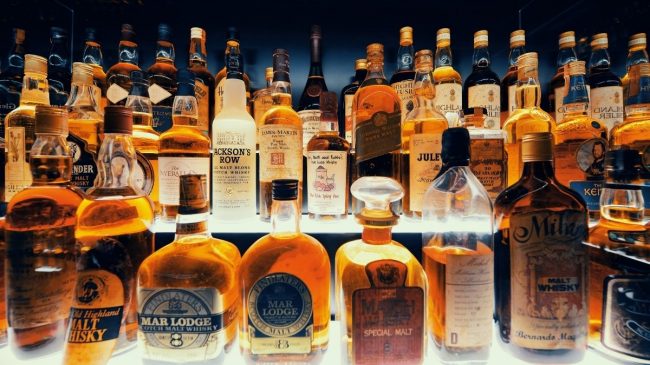
What impacts whiskey shelf life?
Have a fancy bar cart where you like to display your collection of drinks? It might look impressive, but actually, it’s not a great place to keep your favorite whiskey.
Air, changing temperatures, and light all impact your whiskey’s shelf life, which begs the question, where exactly should you store it?
How to store whiskey?
Whether the bottle is open or not, whiskey should be stored upright in a dark cupboard, away from sunlight, which is why one always seems to become lost and end up right at the back of the cupboard some years later.
Oh - and don’t forget to keep that lid screwed firmly on after each drink!
If it’s not possible to store whiskey in this way, exposure to natural light might make the whiskey taste slightly different, but not enough to become undrinkable.
Can old, opened whiskey make you sick?
Fortunately, old, opened whiskey isn’t going to have the same effect on your body as, say, an old piece of meat.
Old, opened whiskey changes in quality. So, rather than feeling sick, the only feeling you’ll have after drinking a whiskey that’s past its prime is disappointment.
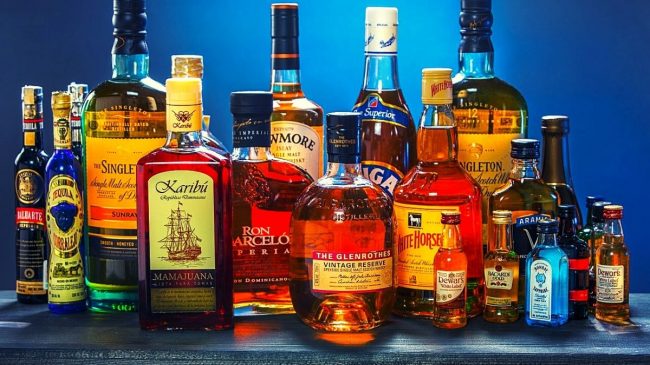
Wrapping up
So there you have it - there’s no such thing as bad whiskey!
Instead, the flavor that you love is going to become mellow and less enjoyable.
So if you’ve found a whiskey that you love, why not keep it pride of place to the front of your cupboard so it doesn’t become lost?
